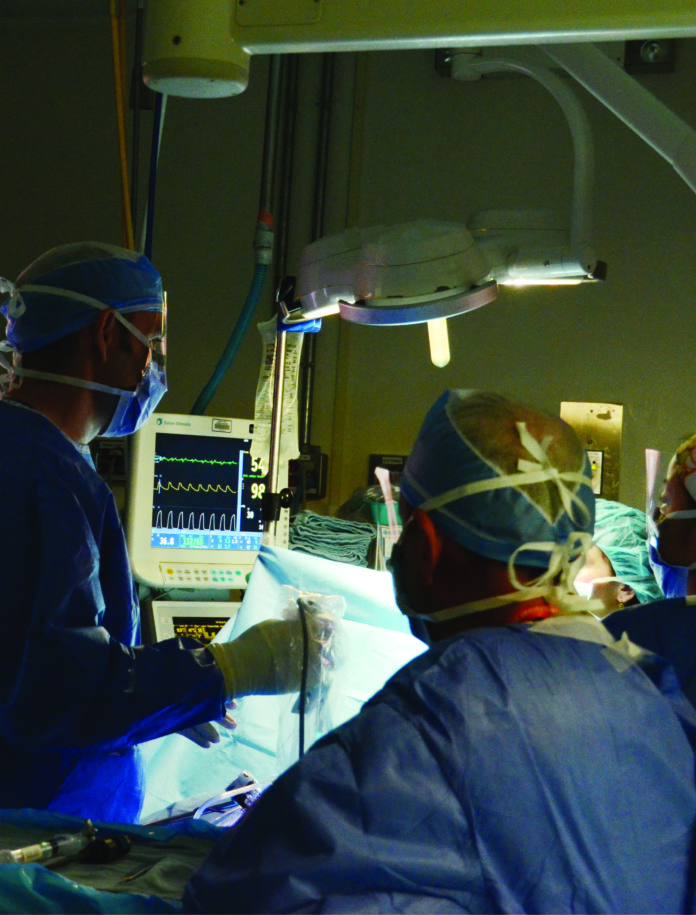By Gerard Power
When Humber River Hospital opened its new facility on October 18, 2015, it dramatically altered how acute care hospital workflows and processes would work in future. As North America’s first fully digital hospital, the implementation of so many state-of-the-art technologies required Humber to reinvent many aspects of the hospital’s operations.
One result of this dramatic transformation was that a number of already accredited hospital services had to undergo a ‘re-accreditation’ process after opening, as professional bodies looked to ensure their standards were still being met amidst so much change.
In November of 2015 the Ontario College of Pharmacists conducted a compliance inspection of Humber River’s Pharmacy Program. This was a mandated review by the College given the move to our new hospital, and the dramatic changes in pharmacy operations, especially with the introduction of robotic technology. It was done to ensure Humber’s continuing adherence to the criteria contained in all legislation and regulations enacted to ensure a safe medication management system in the Province. The College noted that this took significant effort, coming so soon after Moving Day.
In awarding them successful completion of the assessment, The College of Pharmacists also congratulated them for their commitment to patient safety and continuous quality improvement. Most notable was the College’s acknowledgement that the Pharmacy team’s cooperation and feedback throughout has led to improvements in the College’s assessment criteria and evaluation processes for pharmacies.
Our Laboratory also had to go through a similar process following the move to the new site. Here again the changes in workflows and processes resulting from the introduction of robotic technology required a surveillance assessment by the Institute for Quality Management in Healthcare. The Laboratory team received a full 4 year Accreditation – the best possible result available for them to achieve.
As well, the Bariatric Surgery Program at Humber River Hospital was successfully re-accredited by the American College of Surgeons (ACS) as a MBSAQIP Accredited – Comprehensive Center. This designation is a source of pride and speaks to the continued dedication and compassion exemplified by HRH in exceeding standards of the highest quality and the use of best practices for treating the disease of morbid obesity.
To be a MBSAQIP Accredited – Comprehensive Center, more than 100 cases must be done per year, while each surgeon must do more than 50 cases per year. The program’s outcomes are closely monitored, following strict protocols and procedures, to deliver results expected from a Bariatric MBSAQIP Accredited – Comprehensive Center.
The MBSAQIP Verification Subcommittee Co-Chairs Dr. David Provost and Dr. Daniel Jones, in the official designation letter, noted that “We want to thank you for your support of the MBSAQIP and all that you do to meet the needs of the metabolic and bariatric surgery community. Your program is part of an elite group of MBSAQIP-Accredited centres. Once again, congratulations on this achievement.”
Having outside professional organizations come in and evaluate our programs and services is an important reality check in seeing how we are doing… because it confirms where we are doing work to a high standard; and, frankly, points to areas where improvement may be possible. Results such as those received by these programs and services highlight the skill and commitment that permeates our organization. The Humber River team is dedicated to high quality health care. Providing great care to Humber River’s patients and families is our ultimate goal – that’s what we try to achieve every day.
Gerard Power is Director, Public & Corporate Communications at Humber River Hospital.


